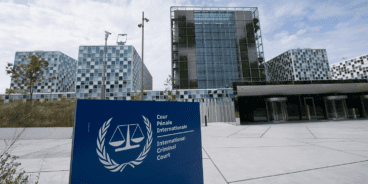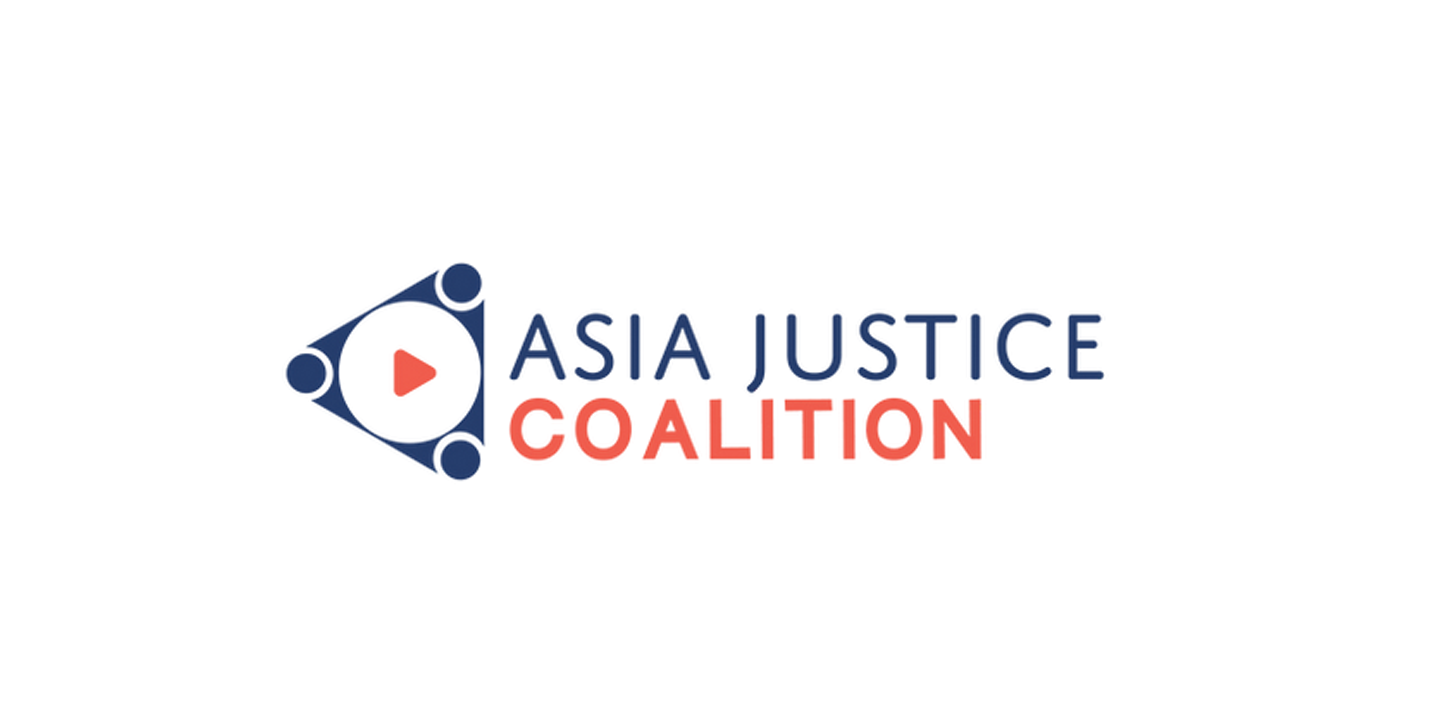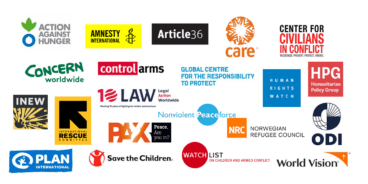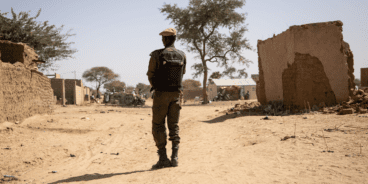

Asia Justice Coalition Statement on the 20th Anniversary of the International Criminal Court
The Asia Justice Coalition is a network of organizations whose purpose is to promote justice and accountability for gross violations of international human rights law and serious violations of international humanitarian law in Asia, and to contribute to the fulfillment of the rights of victims and their families.
1 July 2022 marks the 20th anniversary of the entry into force of the Rome Statute of the International Criminal Court (“ICC/the Court”). The Rome Statute established the Court with jurisdiction over the most serious international crimes, namely genocide, crimes against humanity, war crimes, and aggression.
The Court in its twenty years of operation has cemented the relevance and importance of the fight against impunity across the globe. The Court has centered accountability within the international legal sphere. Now, more than ever, there is a need to hold perpetrators of international crimes to account and to ensure justice.
While the Court has done much to expand its reach, there are only a handful of ratifications to the Rome Statute from the Asia-Pacific region. The geographical disparity in the membership of the Court remains a concern and genuine efforts must be made to bridge the accountability gap through engagement with nonstate parties and civil society. The Office of the Prosecutor (“OTP”) is currently investigating four situations in the Asia-Pacific region, namely Myanmar/Bangladesh, Israel/Palestine, Afghanistan, and the Philippines. The Coalition calls for independent and thorough investigations as well as comprehensive casebuilding strategies in all these situations. In particular, it draws the attention of the Court to the crisis in Myanmar, which has worsened significantly due to the February 2021 coup. It is imperative that the investigation move forward, in keeping with the urgency of the situation.
While the wheels of international criminal justice move slowly, concerted efforts must be made to ensure that any delays within the system are significantly reduced and that there are sufficient resources brought to bear for successful investigations and prosecutions. The Assembly of States Parties, the ICC Registry, and Presidency must ensure that the budget of the Court and its resources are distributed fairly amongst the situations before the Court. While the OTP has the discretion to prioritise investigations, the Asia Justice Coalition strongly urges the Prosecutor to investigate all parties to a situation without distinction. Further, there is a need for greater engagement with States in situations under examination and investigation, while respecting the principle of complementarity.
The Asia Justice Coalition welcomes the Court’s renewed engagement with civil society, emphasizing the need for greater cooperation in order to further the cause of justice and accountability. It also welcomes the measures to be implemented pursuant to the International Expert Review of the International Criminal Court and the Rome Statute System, relating to issues such as ensuring geographic diversity, gender equality, open and transparent recruitment processes, and an inclusive and safe working culture.
On this twentieth anniversary, as the world witnesses multiple conflicts and the commission of mass atrocities, the urgency of the task ahead of the ICC cannot be overstated. An effective international criminal court is the need of the hour and must be supported in achieving its goals.
Related Content


2024 Statement by members of the NGO Working Group on the Protection of Civilians
